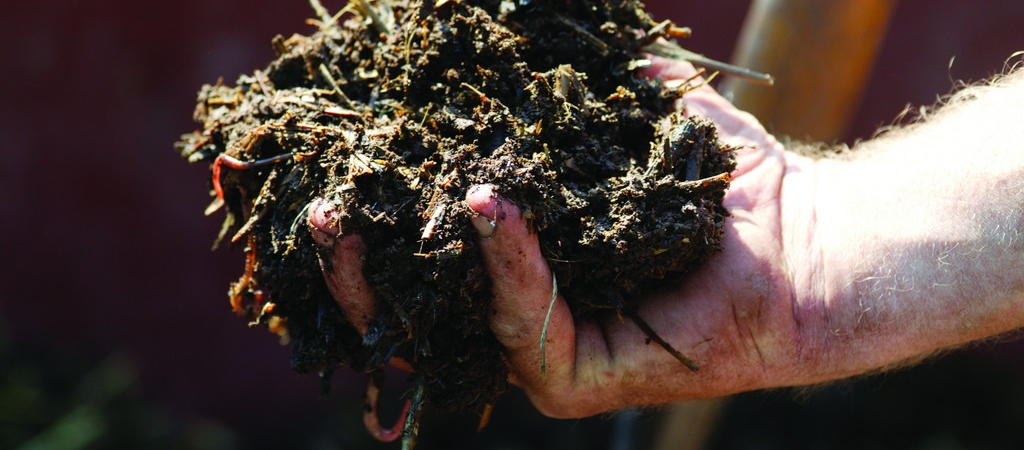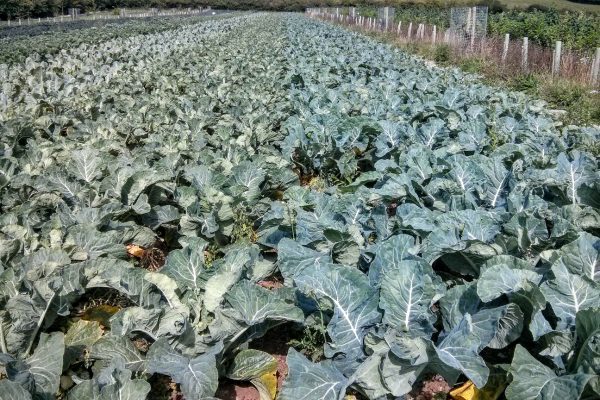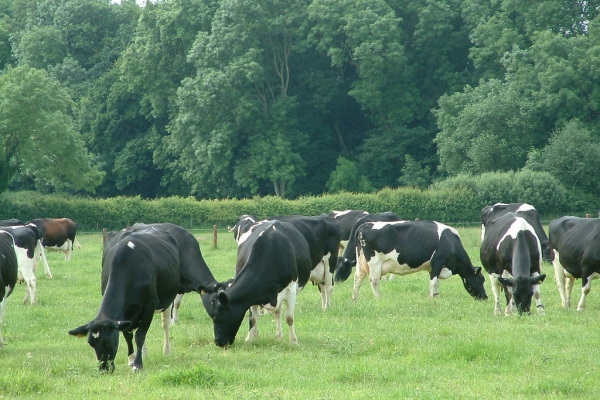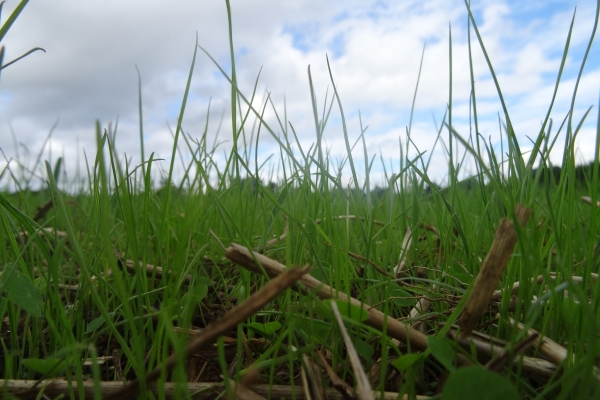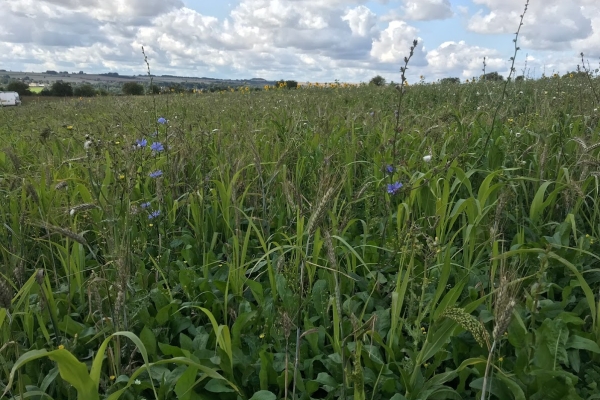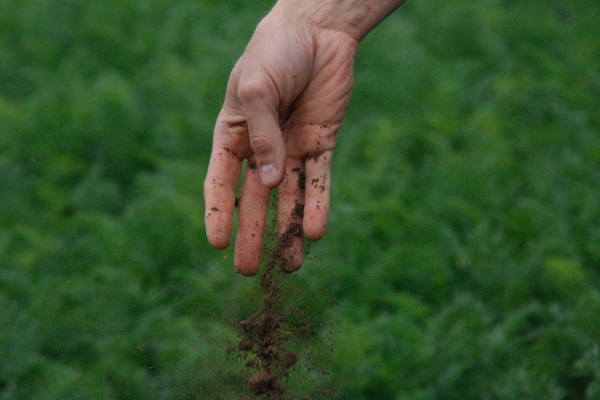Seven Ways to Save Our Soils
Resource explained
Seven Ways to Save Our Soils is one of the latest reports by the Soil Association, published in response to the crisis of soil degradation in the UK. The report encourages farmers and the Government to take their obligation to protect the soil for future generations seriously.
The report sets out the Soil Association’s target of an increase in soil organic matter (SOM) – a crucial component of healthy, productive and resilient soils – by 20% in the next 20 years, and introduces seven key ways to achieve this target:
1. Increasing input of organic material (plant and animal matter) back onto fields;
2. Improving soil health monitoring;
3. Encouraging soil organisms (that build up soil and release nutrients);
4. Covering bare soils with continuous plant cover;
5. Bringing more trees onto farmland;
6. Reducing soil compaction from machinery and livestock;
7. Designing crop rotations for optimum soil health.
Findings & recommendations
- This report sets out the Soil Association’s ambitious but achievable target to increase soil organic matter by 20% over 20 years. Increasing SOM is not only important for protecting agricultural productivity, healthy soils are also better at locking up carbon, therefore helping mitigate climate change, and are more resilient to both floods and droughts. They are more able to absorb excess rainfall and therefore have the potential to reduce flooding downstream. In turn, these effects protect land from unpredictable weather events that are increasingly affecting farmers.
- The seven key points set out in the report contain recommendations to policymakers, and outline simple, practical steps that you as farmers and growers can take to achieve an increase in SOM and improve overall soil health on your holdings.
- All of the seven ways to save our soils are already being practiced by organic farmers as they are integral to organic systems. The Soil Association is therefore calling for the UK Government to prioritise the support given to organic farmers and growers – including better funding for research, improved mechanisms for learning and development, and greater financial support for organic farm businesses in recognition of the considerable public goods they provide.
